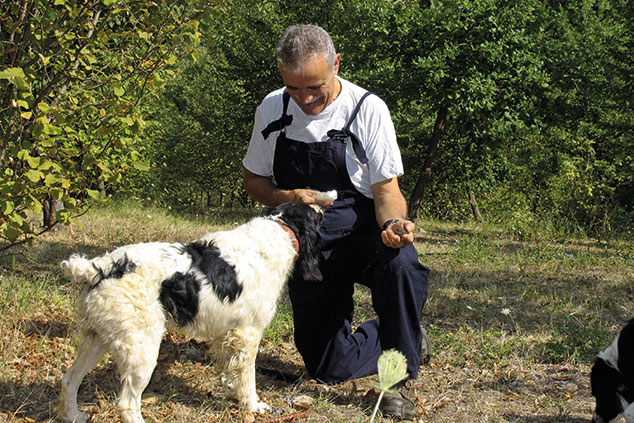
Last year at least 100,000 people transferred money out of a defined benefit pension scheme. The value of pension transfers has rocketed from £5.4bn in 2014 to £33bn last year, thanks to the pension freedoms introduced in 2015 that allow you to access your savings tax-free once you are 55. The problem is that those freedoms have provided a perfect target for pension scammers. Savers lose £4bn a year in pension scams, with the average victim losing £91,000 according to the Financial Conduct Authority (FCA). But “some people have lost seven-figure retirement nest eggs”, says Rupert Jones in The Guardian.
Scams typically begin with an unsolicited phone call or email and can end with you losing your life savings. The Times has rounded up the pension scams you need to watch out for.
Fraudsters will try to convince you to invest your pension money in all types of unusual projects, from luxurious foreign developments and carbon credits to death bonds.
“If you’re promised a 10% annual return from a hotel room in Spain, tread very carefully,” Tom Selby of wealth manager AJ Bell told The Times. “Fraudsters will often advertise investments in a development that doesn’t exist, or hasn’t yet been built.”
Tree plantations are another investment commonly used in pension scams. Last December five firms were shut down for convincing more than 100 people to invest in “fictitious truffle farms,” notes Will Kirkman on thisismoney.co.uk. “Investors were told their savings were funding oak and hazel-tree saplings inoculated with truffle spores at specialist plantations around the world. However, investigators…found that no harvesting or cultivation has ever taken place.”
Carbon credits are another popular pension scam. These credits are legitimately bought by businesses to offset their emissions, but conmen get involved by selling credits in small quantities to savers at rip-off prices. When people try to sell, they find no-one wants to buy credits in small quantities and not for anything like the price they paid.
There are also certain tactics used by scammers that should warn you it could be a scam. One popular con is to offer you a free pension review. Conmen use this as an opportunity to advise you to boost your returns by investing your money in their fraudulent schemes.
There are no guarantees
Another key phrase that tends to crop up in all pension scams is “guaranteed returns”. If it sounds too good to be true, it probably is – so an investment with guaranteed returns is a clear danger sign.
Also beware of transferring your pension overseas. Once your money is outside the country it is much harder to trace. Qualifying recognised overseas pension schemes (QROPS) are genuine and meant for people who plan to move abroad when they retire. But they are being hijacked by criminals who get your money abroad, then invest it in “toxic, illiquid, high-risk assets such as unsecured offshore-property loans and football gambling”, says Angela Brooks of Pension Life in The Times.
Avoid becoming a victim of a scam by rejecting any unsolicited contact. A legitimate company with a decent investment scheme wouldn’t need to drum up business with cold calls.
Check the FCA register covering firms authorised to do business as well as the companies on the FCA warning list of noted scammers before you invest in anything. If you want genuine pension advice, contact an independent financial adviser from an FCA-regulated firm.